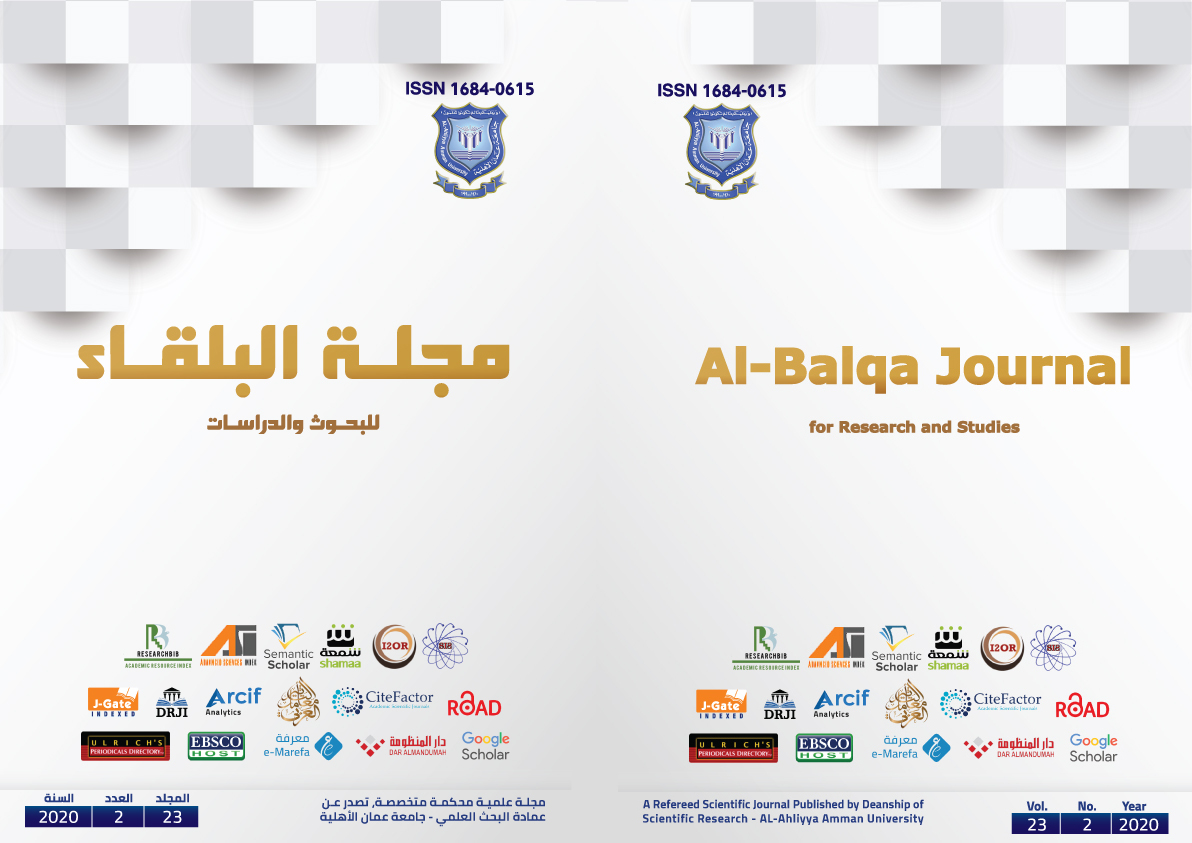Al-Balqa Journal for Research and Studies البلقاء للبحوث والدراسات

Abstract
This paper discuss the manner in which the traditional Arab grammarians classified the Arabic verbs ;they basically, referred to the theory of transitivity for their purpose .as this theory was unable to account for the grammatically and the ungrammatically of various Arabic sentence , we opt for theta- theory of Chomsky (1991) to solve the problem faced by the traditional analysis. With the help of theta- theory , we put modern standard Arabic verbs in specific sub ground on the basis of their semantic , all intransitive verbs require one essential argument. However , the nature of that essential argument differs from verb to verb depending on some semantic factors . for instance , we find that some intransitive verbs may take an agent, others a theme or an experiencer as their argument. Transitive verbs that need two essential argument can also be divided in sub groups on the basis of the types of theta-theory that their argument will have. We find that ditransitive verbs may require three essential argument in a well- formed sentence . we have realized that Arabic like languages , has some unique verbs that take a CP as one of their argument . the nature of these verbs and their theta- roles have also been discussed in detail in the course of our analysis. as this theory regards NP,IP,PP & CP essential argument, all the problems of classification verbs are solved .
Recommended Citation
Jalabneh, Atef
(2001)
"Arabic Verbs and Their Theta-Gride,"
Al-Balqa Journal for Research and Studies البلقاء للبحوث والدراسات: Vol. 8:
Iss.
1, Article 5.
Available at:
https://digitalcommons.aaru.edu.jo/albalqa/vol8/iss1/5

